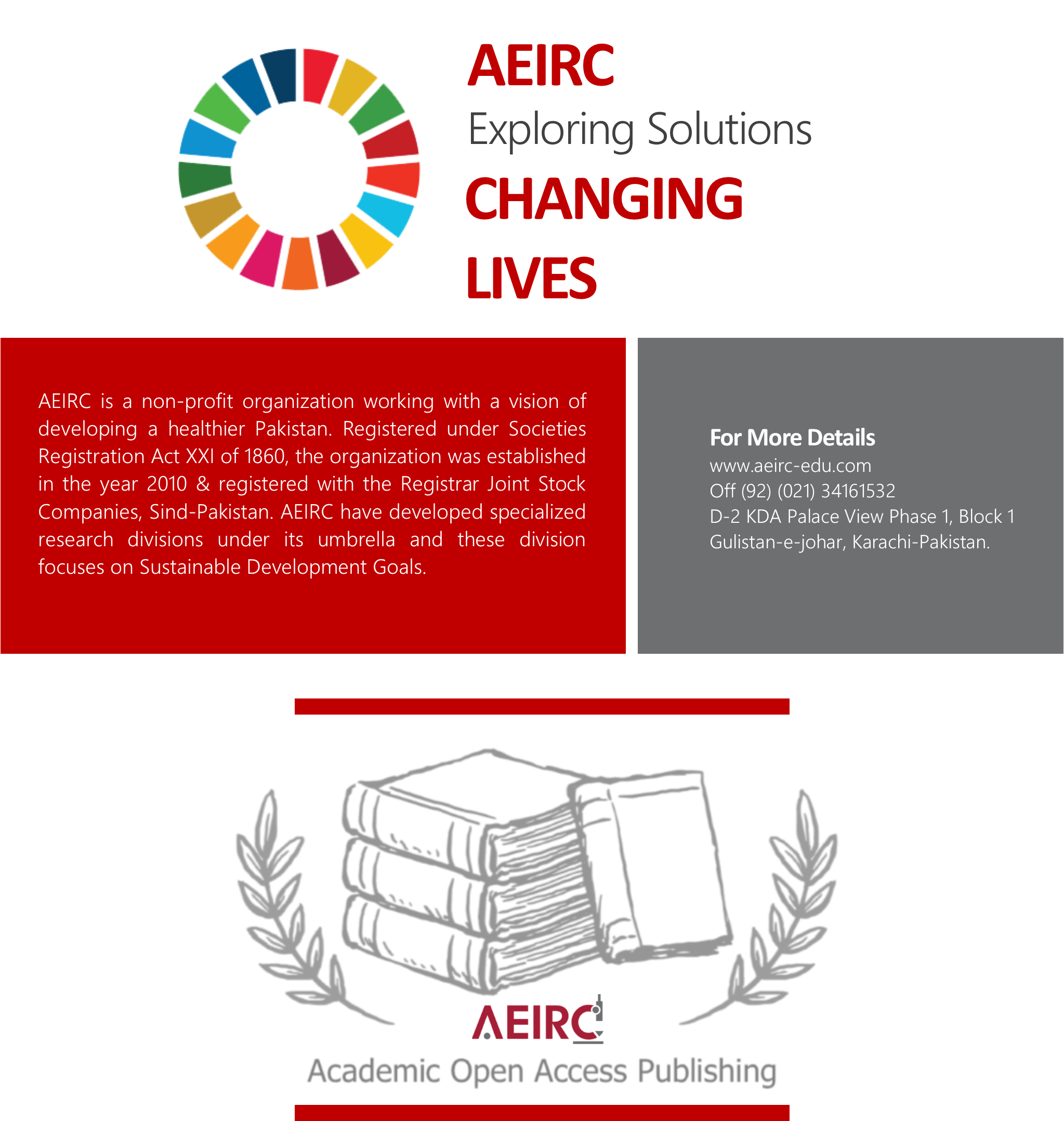Exploring healthcare professionals' knowledge and perceptions of artificial intelligence: Implications for the future of healthcare.
DOI:
https://doi.org/10.29052/IJEHSR.v12.i2.2024.69-75Keywords:
Artificial Intelligence, Healthcare Professionals, Public HealthAbstract
Background: Artificial intelligence (AI) holds immense potential to revolutionize various sectors of the economy, including healthcare, by serving as a catalyst for innovation. In recent times, AI has garnered significant attention for its ability to analyze vast datasets, generate forecasts, and aid healthcare professionals in decision-making processes, thereby reshaping the landscape of the healthcare industry.
Methodology: This study employed a cross-sectional research design utilizing an online survey approach. A convenient sampling technique was employed, involving 315 participants from diverse healthcare backgrounds, including medical doctors, pharmacists, physiotherapists, and nurses. Data analysis was conducted using SPSS tools to explore various variables within the dataset.
Results: The findings indicate that a majority of respondents with substantial knowledge of AI fall within the 20-30 age group, with pharmacists demonstrating a higher level of AI knowledge compared to other healthcare professionals. Interestingly, while 17.6% of pharmacists express firm beliefs that AI may replace them, over 30% of nurses share similar concerns.
Conclusion: The study highlights a prevailing apprehension among respondents regarding the extensive use of AI in the medical profession, with a significant proportion expressing concerns that surpass even those associated with nuclear weapons. Despite this apprehension, 60% of respondents emphasize the critical importance of AI tools in healthcare. It is evident that while there exists a fear surrounding the potential replacement of humans by AI, there is also a recognition of the invaluable contribution that AI can make to the field of healthcare.
Downloads
Published
How to Cite
Issue
Section
License
Copyright (c) 2024 The Author(s)

This work is licensed under a Creative Commons Attribution 4.0 International License.







